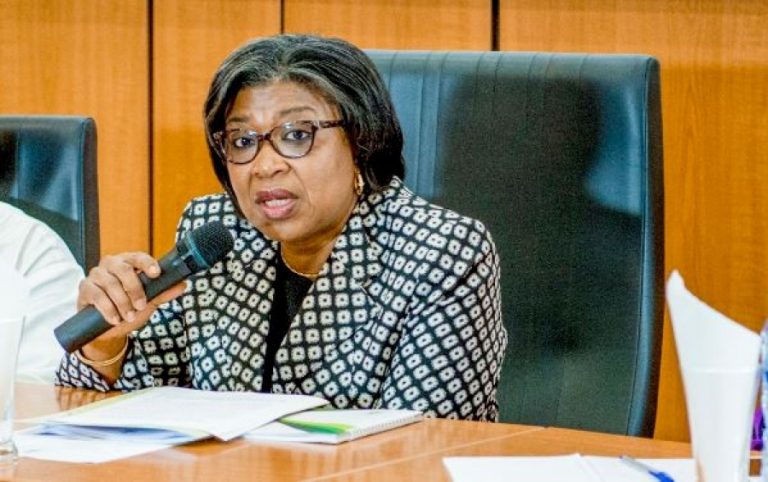The Debt Management Office (DMO), through a data extracted from the latest sub-national debt reports has disclosed that 13 newly appointed state governors collectively accrued a debt of N226.8 billion within their first six months in office.
According to the DMO analysis, a total of 16 state governors, including the newly appointed ones, contributed to an overall increase in state debt by N509.3 billion.
This increase comprised domestic borrowings amounting to N243.95 billion and external borrowings of $298.5 million (equivalent to N265.37 billion).
The breakdown of the debt revealed that governors resorted to borrowing from both domestic and international financiers. Domestic creditors provided N115.57 billion to states such as Benue, Cross Rivers, Katsina, Niger, Plateau, Rivers, Zamfara, and the Federal Capital Territory.
On the other hand, states like Ebonyi, Kaduna, Kano, Niger, Plateau, Sokoto, Taraba, and Zamfara accumulated $125.1 million (N111.24 billion) in external debt.
Among the states, Cross Rivers Governor, Bassey Otu, emerged as the highest borrower, securing N16.2 billion from domestic creditors and $57.95 million from foreign sources between June and December 2023. Notably, Niger State witnessed a significant surge in its domestic debt, escalating from N121.95 billion in June 2023 to N139.8 billion by December of the same year.
While some states like Plateau, Rivers, Zamfara, and the Federal Capital Territory also contributed to the borrowing trend, others like Ebonyi, Kaduna, Kano, Niger, Sokoto, Taraba, and Zamfara tapped into external sources to finance their activities.
Despite the administration’s promises to curtail excessive borrowing, the latest findings indicate a persistent adherence to this controversial financial strategy, even amidst increased revenue. It is noteworthy to know that in 2023, state governors received the highest allocations from the Federal Account Allocation Committee (FAAC) in at least seven years.
This surge in FAAC allocations, attributed to subsidy removal on petrol and currency reforms, purportedly led to a substantial increase in income for the states.
The monthly FAAC allocations for 2023 reveal a consistent rise, with September witnessing the highest allocation of N627.73 billion, followed closely by December with N610.5 billion.



